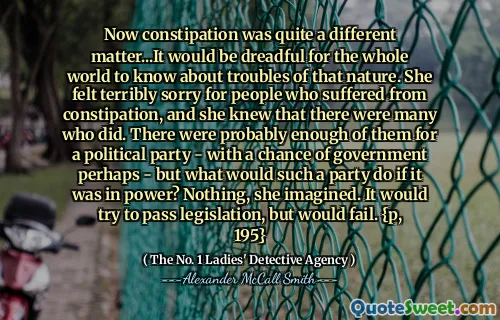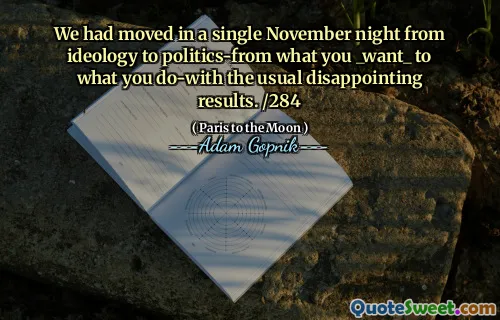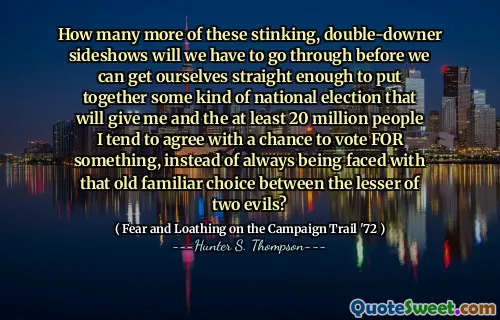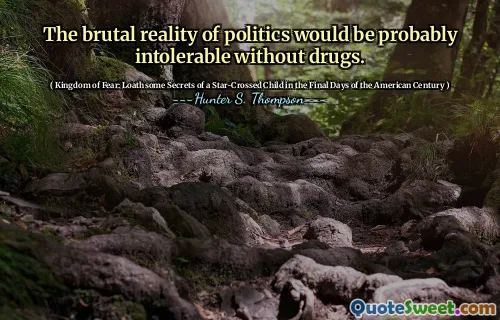
I can say this very clearly: I have come into this Congress with an antiwar bias.
This statement reveals a member of Congress openly acknowledging their predisposition against war, which is quite significant in the realm of politics where voices are often seen as neutral or guarded. The explicit admission of having an "antiwar bias" showcases a level of transparency that is both rare and noteworthy. Such honesty can influence how constituents perceive their representative—viewing them as genuine and principled rather than politically strategic or calculating. It also highlights the importance of personal beliefs in shaping policy perspectives and legislative priorities. An antiwar stance suggests a fundamental concern about the human, economic, and geopolitical costs associated with military conflicts, emphasizing a preference for diplomatic or peaceful solutions whenever possible. This stance can lead to debates about national security, defense strategies, and human costs, urging policymakers and the public to consider the moral and practical implications of warfare. Furthermore, this admission might serve to inspire others within the political sphere to openly declare their values and biases, fostering an environment where honesty about personal perspectives is more commonplace, even on contentious issues. Ultimately, such declarations shed light on the deeply personal nature of decision-making in Congress and the importance of aligning policy choices with personal convictions. Recognizing and understanding these biases can help constituents and fellow lawmakers evaluate the motivations behind legislative actions and foster more authentic political discourse.











